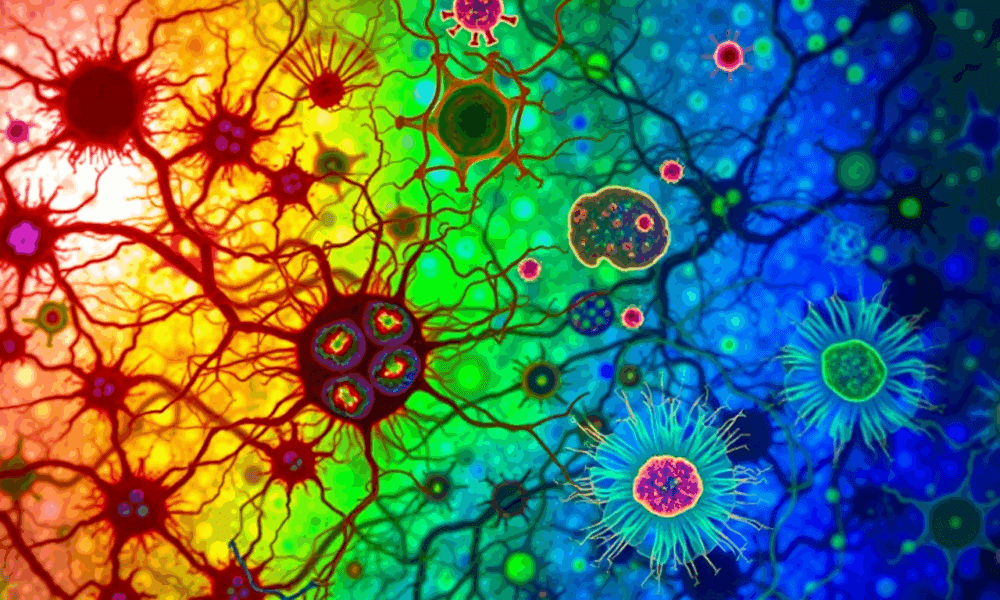
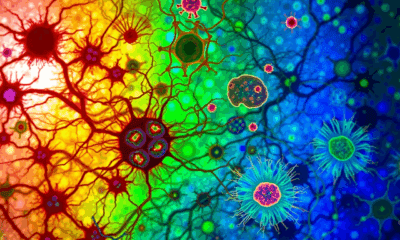

Pancreatic cancer cells are known for being hard to treat, partly because they change the environment around them to block drugs and immune cells. Scientists discovered...
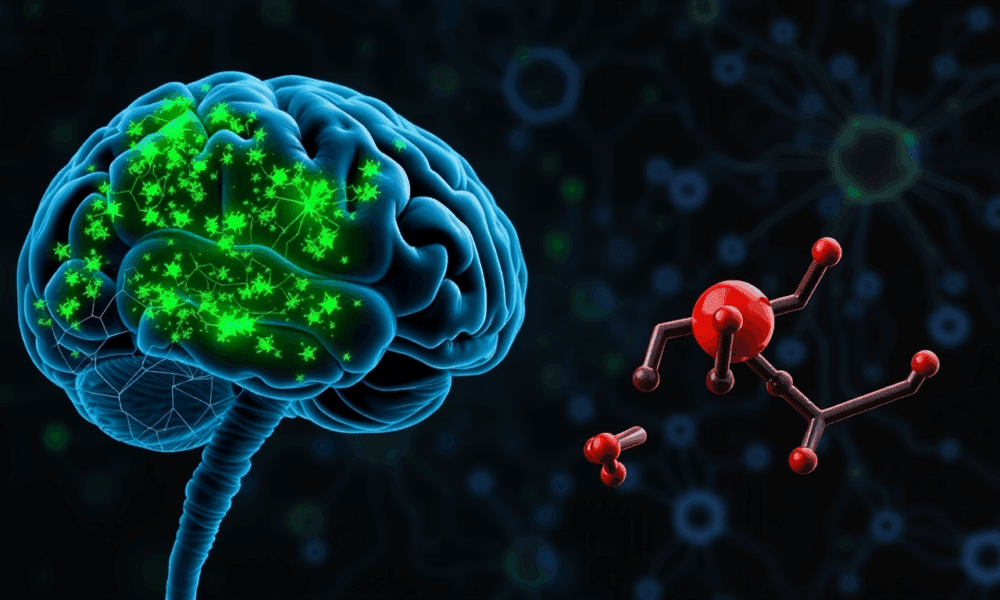
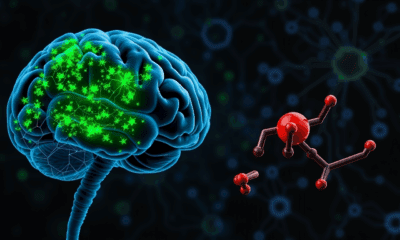

Researchers discovered that PTSD may be driven by excess GABA from astrocytes, not neurons. This chemical imbalance disrupts the brain’s ability to forget fear. A new...



New research suggests that multiple sclerosis (MS) may quietly begin affecting the body up to 15 years before the first obvious neurological symptoms appear. Researchers found...



Ape behavior just got a name upgrade — “scrumping” — and it might help explain why humans can handle alcohol so well. Researchers discovered that African...



Stepping into a virtual forest or waterfall scene through VR could be the future of pain management. A new study shows that immersive virtual nature dramatically...



Fast walking, even just 15 minutes a day, can dramatically reduce the risk of death, especially from heart disease, according to a large study involving nearly...



A global study of over 88,000 adults reveals that poor sleep habits—like going to bed inconsistently or having disrupted circadian rhythms—are tied to dramatically higher risks...
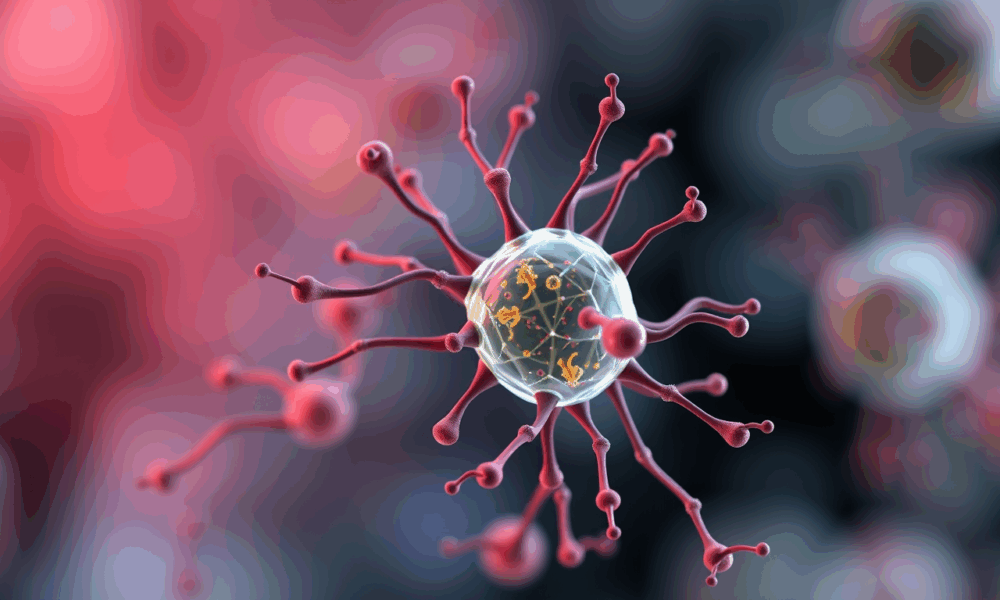
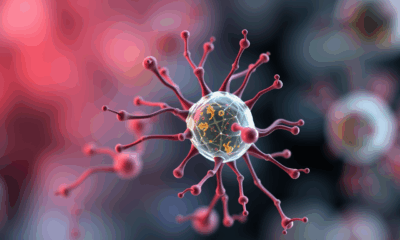

A team of scientists has developed a remarkable new approach to modeling how cells behave over time—using a digital "forecast" much like predicting the weather. By...
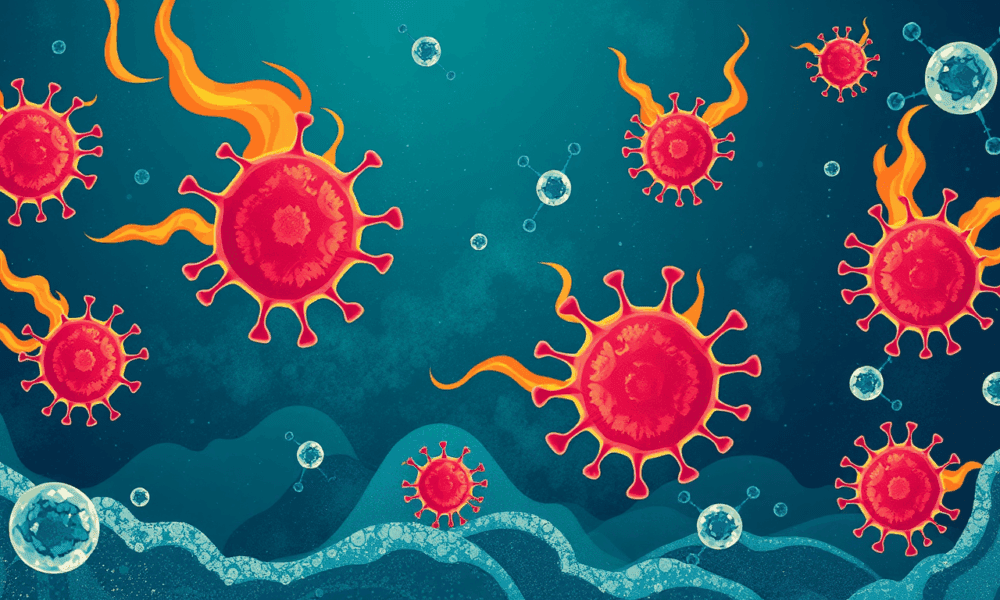
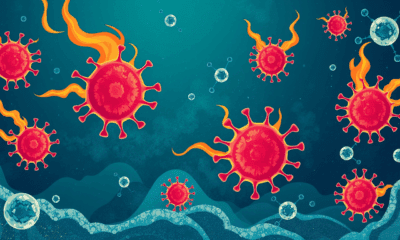

Scientists have discovered a sugar compound from deep-sea bacteria that can destroy cancer cells in a dramatic way. This natural substance, produced by microbes living in...
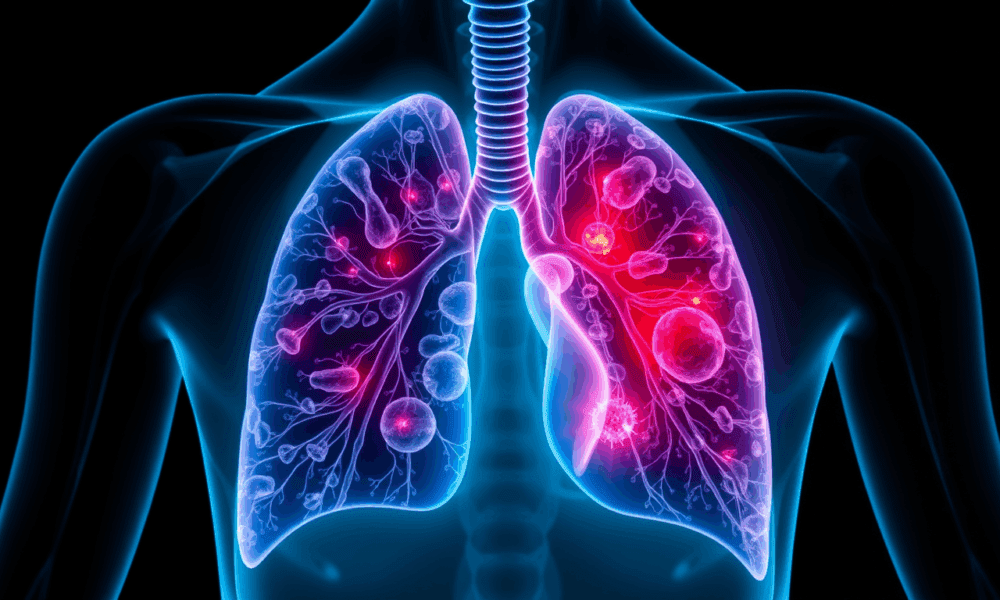
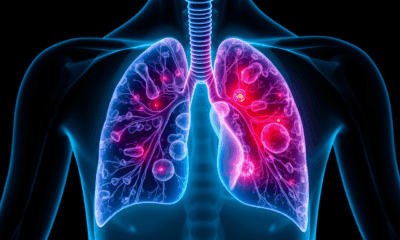

Radiation therapy, once thought of mainly as a local cancer treatment, is now showing power to awaken the immune system in surprising ways. Researchers discovered that...